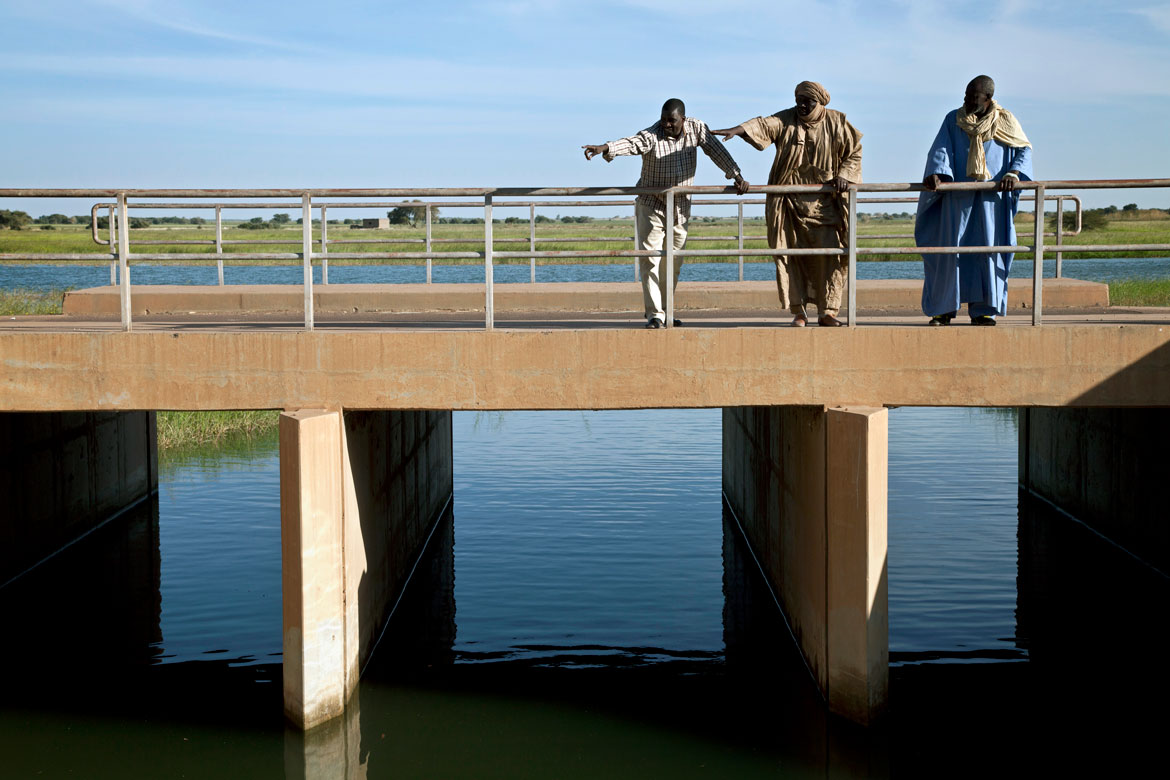Africa’s development priorities identified in the African Common Position on the post-2015 development agenda were enshrined during the reporting period in several continental and global landmark agreements, including the African Union Agenda 2063, the 2030 Agenda for Sustainable Development and the Addis Ababa Action Agenda. Effective implementation of these agendas will require coherence and complementarity between global, continental, regional, national and local efforts. The continent has embarked on the first ten-year implementation plan for the African Union Agenda 2063. The Agenda’s people-centred approach promises to enhance inclusive economic and social progress and its emphasis on agriculture development, infrastructure development and industrialization provides critical drivers for job creation and poverty eradication. The United Nations system is supporting the efforts of the African Union, the New Partnership for Africa’s Development (NEPAD) and African regional economic communities for the effective implementation of the new agendas.
The slowdown in the economies of major trading partners and low commodity prices decreased growth projections for Africa during the reporting period. However, the remarkable economic performance of past years was sustained in part through improving macroeconomic management and economic diversification. Africa continued to make progress in the implementation of NEPAD. African countries have also continued their efforts to promote regional integration, including through the Tripartite Free Trade Area, which provides a strong foundation for the establishment of the Continental Free Trade Area by 2017.
The partnership between the United Nations and the African Union deepened considerably, including through the adoption of the Framework for a Renewed United Nations-African Union Partnership on Africa’s Integration and Development Agenda 2017-2027 and through efforts to finalize a joint United Nations-African Union framework for an enhanced partnership in peace and security. The United Nations continues to support the Silencing the Guns initiative of the African Union to end all wars in Africa by 2020.
Both the 2030 Agenda for Sustainable Development and the African Union Agenda 2063 recognize the importance of peace and stability, not only as critical enablers but also as important components of sustainable development. In line with this aspiration, Africa has also continued, with the support of the United Nations and development partners, to address emerging challenges to peace, security and development, such as the rise of terrorism and violent extremism as well as the growing number of migrants, refugees and internally displaced persons. In this regard, African countries continue to attach great importance to tackling the root causes of conflict such as youth unemployment, inequality, and economic and social exclusion, including through the African Peace and Security Architecture and the African Governance Architecture. Recognizing the critical needs and role of women, the African Union declared 2016 the African Year of Human Rights with Particular Focus on the Rights of Women.

